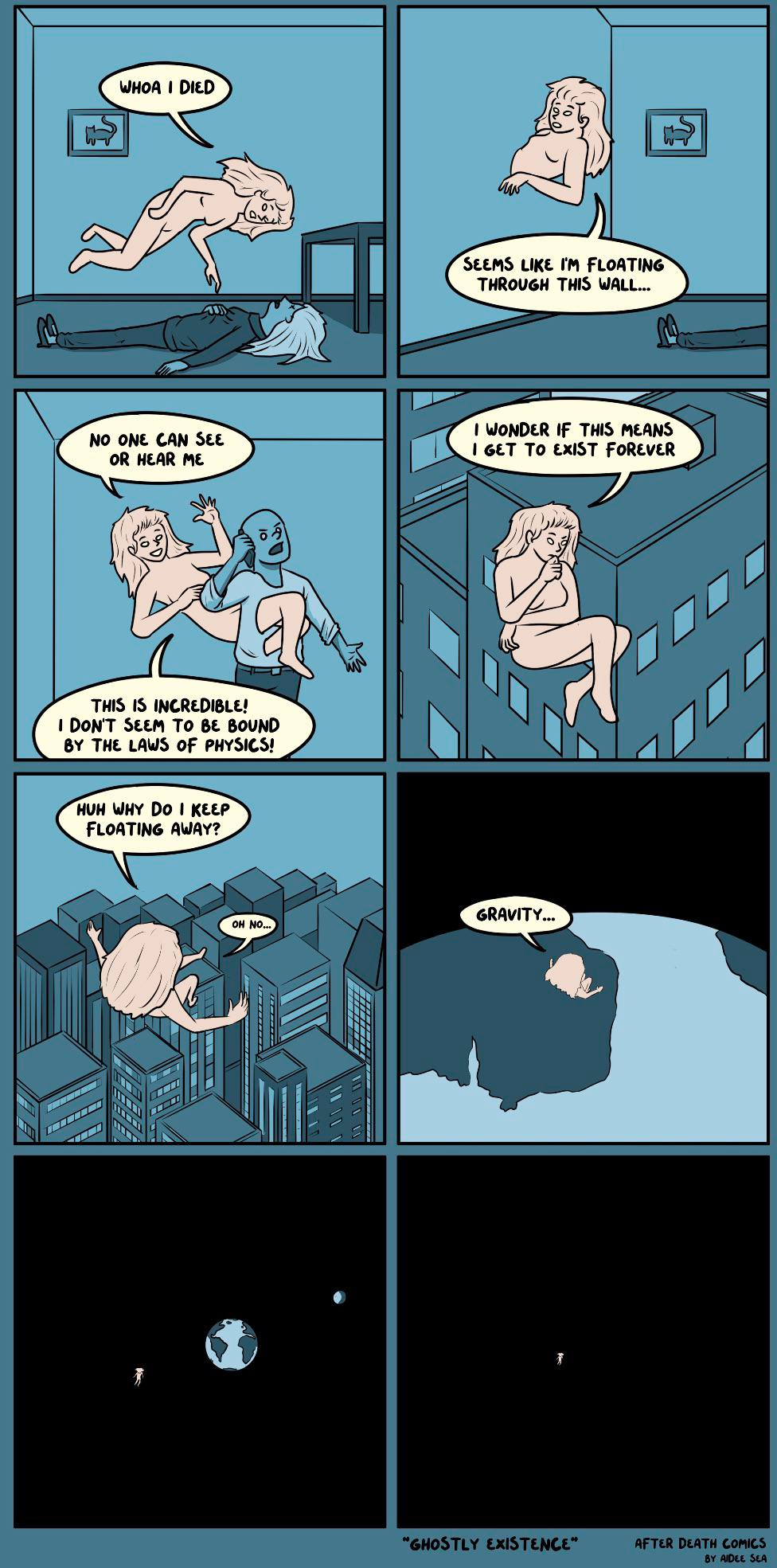Comics
This is a community for everything comics related! A place for all comics fans.
Rules:
1- Do not violate lemmy.ml site-wide rules
2- Be civil.
3- If you are going to post NSFW content that doesn't violate the lemmy.ml site-wide rules, please mark it as NSFW and add a content warning (CW). This includes content that shows the killing of people and or animals, gore, content that talks about suicide or shows suicide, content that talks about sexual assault, etc. Please use your best judgement. We want to keep this space safe for all our comic lovers.
4- No Zionism or Hasbara apologia of any kind. We stand with Palestine 🇵🇸 . Zionists will be banned on sight.
5- The moderation team reserves the right to remove any post or comments that it deems a necessary for the well-being and safety of the members of this community, and same goes with temporarily or permanently banning any user.
Guidelines:
- If possible, give us your sources.
- If possible, credit creators of each comics in the title or body of your post. If you are the creator, please credit yourself. A simple “- Me” would suffice.
- In general terms, write in body of your post as much information as possible (dates, creators, editors, links).
- If you found the image on the web, it is encouraged to put the direct link to the image in the ‘Link’ field when creating a post, instead of uploading the image to Lemmy. Direct links usually end in .jpg, .png, etc.
- One post by topic.
view the rest of the comments

If you had a good telescope, or something passed you within relatively close range, from what I remember from school, you could see stuff. The red shifted light from galaxies moving away faster than the speed of light due to expansion could be seen with a really good telescope. If something passed within normal visible ranges you would see the object and blue to red shifts past you. Exactly what that would like is not really known.
You would see stuff initially, as like the solar system, then local light emitting bodies, grew further away from you, but you would spend most of your time in still blackness once the part of the universe you were in expands away to far for your eyes to pick up on the light. However I am not an astrophysicist, things might be different than I learned.